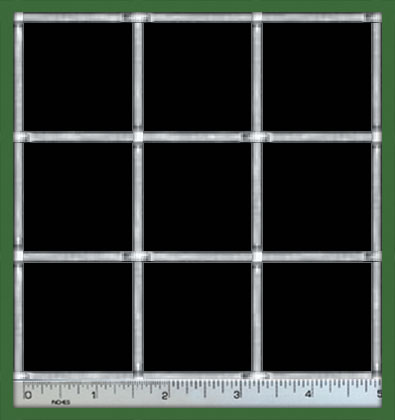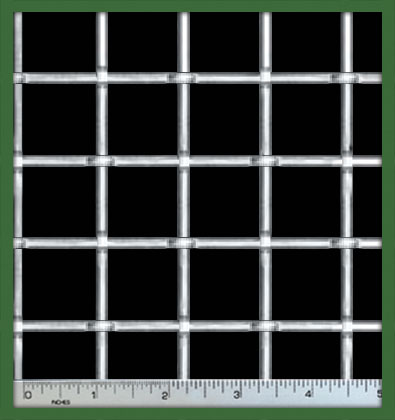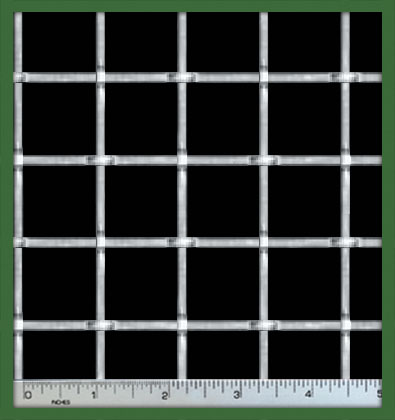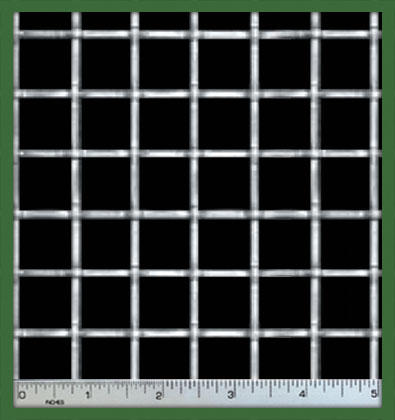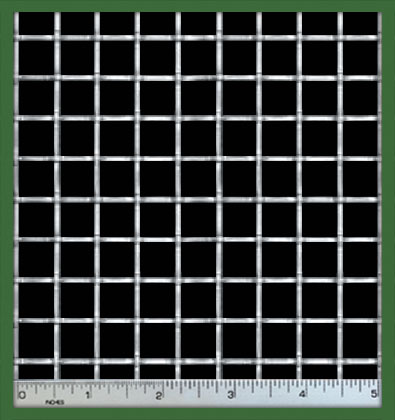Any front door, back, side, top or bottom can be made out of hardwood with quality finishes, acrylic, glass, stainless steel wire and perforated aluminum. The standard Majestic cage materials for your cage will vary, depending on what setup you choose (see center insert for standard configurations). These panels are all interchangeable and can be switched or replaced at any time without having to purchase a new cage. Below is an overview of all the materials our Majestic cages can be made with.
Anodized Aluminum Frame
Standard for all our cage frames. Made from extruded aluminum that is hardened and anodized black. Aluminum is an excellent material because it is strong and will never rust or corrode. The anodized finish also adds significant durability to the product, making it much more difficult to scratch and is very attractive.
Each Majestic enclosure comes standard with your choice of one of our four colors of water-based stains (safe for pets) or can have a custom stain applied to match your decor. Then, they receive 2 coats of a water-based clear coat. Between each coat of stain and clear coat, the enclosures are hand sanded to give a high-quality, classy sheen second to none. Once you run your hands across our finished furniture-style cages, you will gain a feeling of quality and confidence your cage is fully protected from the elements.
All Majestic Bird and Reptile Cages, hoods and stands come standard in solid hardwood material with one of four stain colors, or finished with Black or White paint as shown below. Please note that painted colors will not show wood grain as much as the stain choices. Other custom wood, stain, and paint combinations as well as other wood types such as Cherry, Walnut, etc. are available for an extra charge. Please give us a call and we would be happy to explain your options!
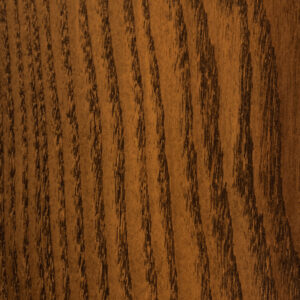
Dark Walnut Stain on Hardwood

Autumn Cherry Stain on Hardwood
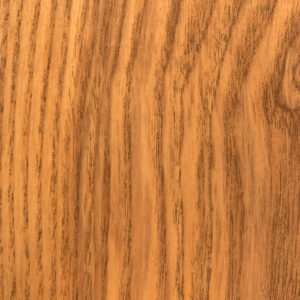
Colonial Oak Stain on Hardwood
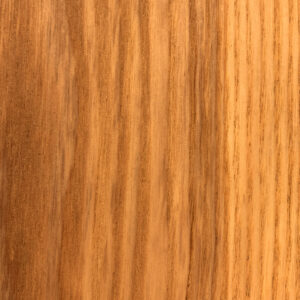
Natural Oak Stain on Hardwood
Black Paint on Hardwood

White Paint on Hardwood
- Any panel of our cages either comes standard with or can have the option of clear acrylic as a material.
- One of the hardest forms of clear plastic available, hard to scratch or gouge.
- Excellent UV properties – very clear and will not yellow except in the most extreme circumstances (takes about 10 years of direct sunlight to start to yellow).
- 5 times stronger than glass and is extremely hard to break with side impact. In tests, a 14” x 20” tightly clamped piece of the same thickness we use can withstand a 45mph fast ball without breaking (our cages can withstand a great deal more because the panels are larger and the edges are not tightly clamped).
- We do not drill any holes in the panels for fastening. Rather, all panels slide snugly into grooves in the framework of the enclosures. Drilled holes leave vulnerable spots for cracking and breaking. With our design, it is nearly impossible for very large birds, reptiles, or small animals to break out.
- We prefer acrylic because it is much lighter weight as well as 5 times stronger and safer, glass can be used in place of any panel in most circumstances. However, we do not supply the glass because of the risk of damage in transit. Instead, we will subtract the price of the standard panel from the cost of your cage and you will have to get glass panels cut locally.
- We will give you dimensions to have your glass panels cut immediately when you order so you have them done by the time you get your cage. Local glass dealers usually can have custom pieces cut within 1-2 days, however, we strongly recommend talking with one of our sales associates before choosing a glass option.
- Crimp-locked stainless steel wire. Stronger than carbon or standard steel, rust-proof, no toxic coatings.
- Any panel of our cages either comes standard with or can have the option of stainless steel wire as a material.
- We are extremely confident that a macaw or other strong destructive bird is NOT going to be able to chew through it. Most cages have welds that create a soft point at the joint of the steel. We commonly have bird owners call us to buy a cage because their bird broke the welds in their current cage. This can not happen with our cages. In addition, most cages with a welded construction use a secondary coat to hide the welds because the welding process leaves burn marks.
- Standard opening size for an H3 cage is 1” x 1”. This is the most common size required for birds, reptiles, and small animals. For an H2 cage, the standard opening side is 3/4” x 3/4”. We also have 1 1/2” x 1 1/2”, 1/2” x 1/2”, and heavy duty 1” x 1” openings. The wider the opening, the heavier the gauge wire. The smaller openings can be used for applications where you do not want crickets, smaller birds, or reptiles to escape.
Stainless Steel Wire Mesh available in the following sizes:
- ½” x ½” x .092” Stainless Steel Wire
- ¾” x ¾” x .092” Stainless Steel Wire
- 1” x 1” x .120” Stainless Steel Wire
- 1” x 1” x .162” Heavy Duty Stainless Steel Wire (Cockatoo, Greenwing, Hyacinth etc…)
- 1-1/2” x 1-1/2” x .162” Heavy Duty Stainless Steel Wire (Cockatoo, Greenwing, Hyacinth etc…)
- Perfect when you want lighting and heating elements to sit on top of the cage and not have access for the animals to get to them.
- Allows for ample ventilation where air flow is desired. Round staggered holes also help diffuse the light so you are not looking directly at the bright lighting fixtures from outside the cage.
- Aluminum material will not rust and will last very long in virtually any environment.
- Openings are 3/16″ in diameter and spaced 1/4″ apart, with approximately 51% open space; small enough for crickets to not get through but large enough to allow sufficient light, heat, and air flow to enter the cage.

Perforated Aluminum







